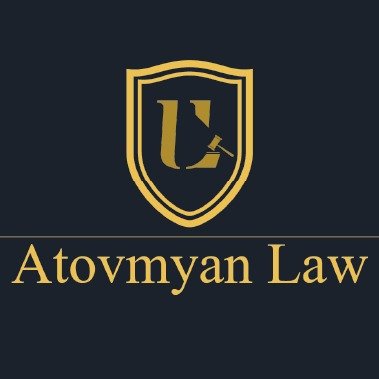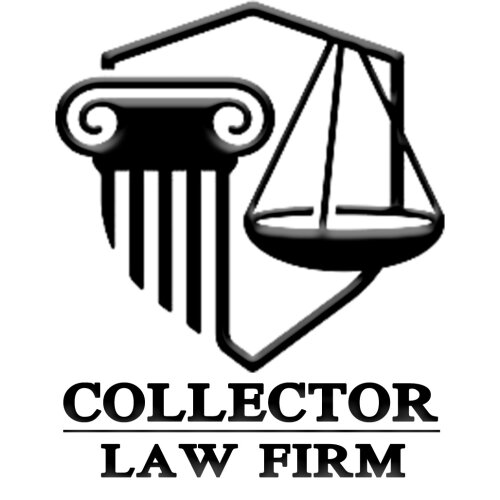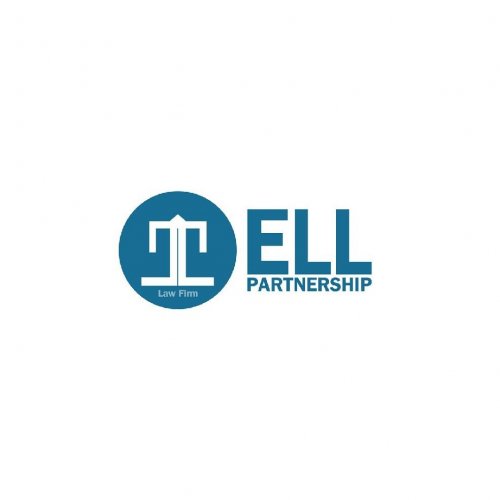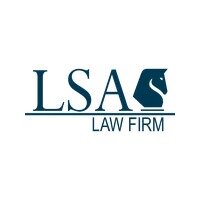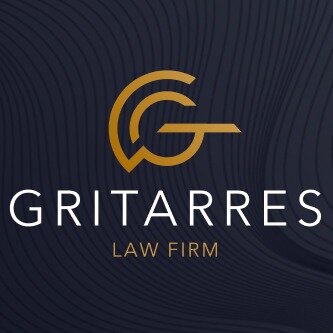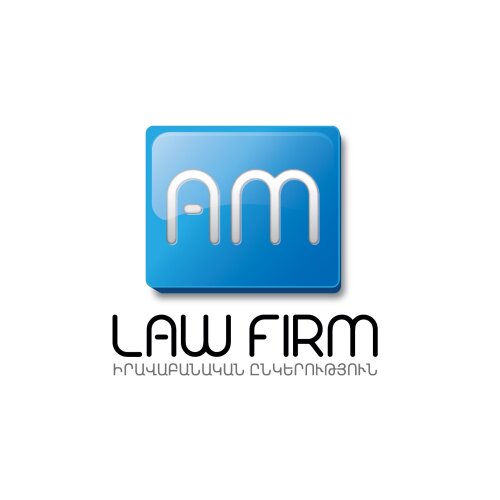Best State, Local, and Municipal Law Lawyers in Armenia
Share your needs with us, get contacted by law firms.
Free. Takes 2 min.
Or refine your search by selecting a city:
List of the best lawyers in Armenia
About State, Local, and Municipal Law in Armenia
State, Local, and Municipal Law in Armenia encompasses the regulations and legal issues that govern the functioning and activities of the Armenian government at various levels - national, regional, and local. These laws are designed to facilitate the implementation of public policies, promote good governance, and ensure that the rights of residents are protected. The Constitution of Armenia lays the groundwork for State and Local governance, while specific laws and regulations detail the powers and responsibilities at each level. These laws cover a range of topics, including land use, municipal services, public safety, taxation, and local elections.
Why You May Need a Lawyer
There are several situations where you might require the assistance of a lawyer who specializes in State, Local, and Municipal Law in Armenia, including:
- Disputes over property rights or land use regulations.
- Litigation or disputes involving local government agencies or municipal services.
- Matters related to local taxation and municipal fees.
- Understanding and navigating the local election process or governmental accountability issues.
- Assistance with obtaining permits or licenses from local authorities.
- Resolution of administrative penalties or disputes with local administrative bodies.
Local Laws Overview
Key aspects of local laws relevant to State, Local, and Municipal Law in Armenia include:
- Land Use and Zoning Laws: These laws determine how land can be used in various locales, including restrictions and obligations for public and private land use.
- Municipal Governance: Local governments have specific powers and responsibilities laid out in municipal charters and Armenian law, which cover various aspects of community governance.
- Public Safety Regulations: This includes laws related to fire safety, building codes, and health regulations that municipalities must enforce to protect public welfare.
- Local Elections: The rules governing the election of local officials and the functioning of local councils, which are integral to democratic participation at the local level.
- Taxation and Revenue: Local laws governing how municipalities generate revenue, including property taxes, fees for services, and local business licenses.
Frequently Asked Questions
1. What is State, Local, and Municipal Law?
It is a branch of law that governs the operation and regulations of government entities at various levels, from national to local, including laws pertinent to municipalities such as zoning and public safety.
2. How is local government structured in Armenia?
Local government in Armenia is structured around community councils elected by local residents, with these councils overseeing various administrative and service functions at the local level.
3. How can I challenge a decision made by a local government body?
Generally, you can contest a local governing body's decision through appeals to higher administrative bodies or through the judicial system, depending on the nature of the decision.
4. Are there local taxes in Armenia?
Yes, local taxes include property taxes, land use fees, vehicle registration fees, and other municipal revenue sources determined by local councils.
5. Can I obtain a permit for land development?
Yes, but you must comply with local zoning laws and submit detailed plans for approval by the competent municipal authorities.
6. What are municipal services?
Municipal services include public utilities, waste management, water supply, public transport, and other services managed at the local level for the benefit of residents.
7. How does municipal governance impact daily life?
Municipal governance affects numerous aspects of daily life, from schooling and infrastructure to public safety measures and local services, impacting the quality of life for community residents.
8. What role does the local community play in governance?
Local communities are actively involved through the election of council members, participation in public meetings, and engagement in local policy-making and planning processes.
9. Is there recourse for unfair treatment by municipal authorities?
Yes, residents can seek recourse through mediation, the local ombudsman, or by filing complaints within the judicial system if they believe they have been treated unjustly.
10. How are disputes between municipalities and residents typically resolved?
Many disputes are resolved through negotiation and mediation, but more formal legal processes through administrative courts might be necessary in complex or unresolved cases.
Additional Resources
For further assistance and information, you may consider consulting the following resources:
- Ministry of Territorial Administration and Infrastructure: Offers regulatory information and public access to government policies.
- Armenian Association of Municipalities: Provides a platform for local governments to collaborate and share information.
- Office of the Human Rights Defender of Armenia: Can assist in cases of administrative injustice or human rights violations by municipal bodies.
- Public Services Regulatory Commission: A resource for inquiries related to public utilities and services regulation.
Next Steps
If you find yourself needing legal assistance in State, Local, and Municipal Law in Armenia, consider taking these next steps:
- Research potential law firms or legal experts who specialize in Armenian State, Local, and Municipal Law.
- Gather all relevant documents and evidence related to your legal issue.
- Schedule consultations with potential lawyers to discuss your case and gain preliminary advice.
- Evaluate their experience, proposed approach, and fees before making a decision on representation.
- Stay informed about ongoing developments in local laws to better understand your rights and obligations.
Lawzana helps you find the best lawyers and law firms in Armenia through a curated and pre-screened list of qualified legal professionals. Our platform offers rankings and detailed profiles of attorneys and law firms, allowing you to compare based on practice areas, including State, Local, and Municipal Law, experience, and client feedback.
Each profile includes a description of the firm's areas of practice, client reviews, team members and partners, year of establishment, spoken languages, office locations, contact information, social media presence, and any published articles or resources. Most firms on our platform speak English and are experienced in both local and international legal matters.
Get a quote from top-rated law firms in Armenia — quickly, securely, and without unnecessary hassle.
Disclaimer:
The information provided on this page is for general informational purposes only and does not constitute legal advice. While we strive to ensure the accuracy and relevance of the content, legal information may change over time, and interpretations of the law can vary. You should always consult with a qualified legal professional for advice specific to your situation.
We disclaim all liability for actions taken or not taken based on the content of this page. If you believe any information is incorrect or outdated, please contact us, and we will review and update it where appropriate.
Browse state, local, and municipal law law firms by city in Armenia
Refine your search by selecting a city.



